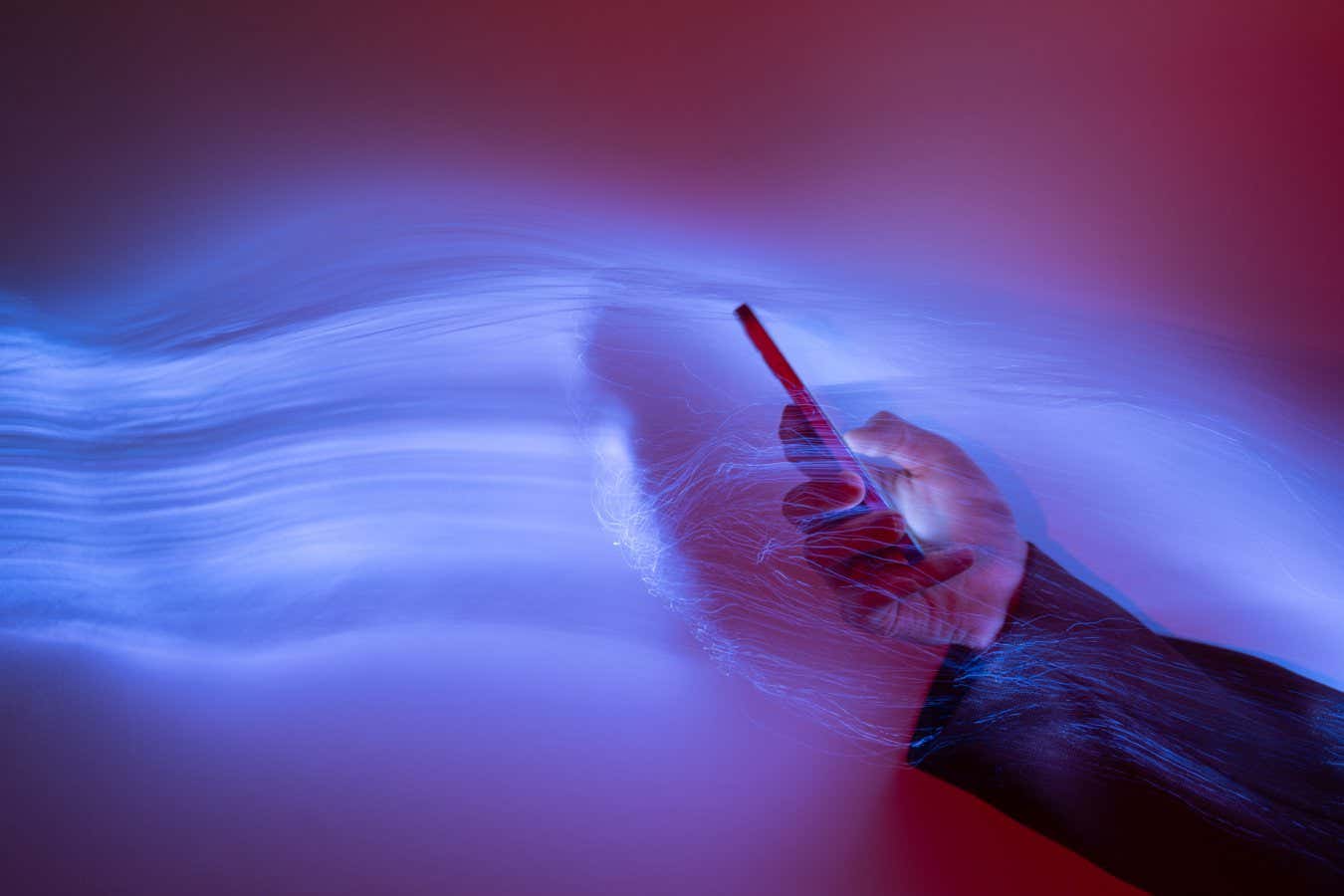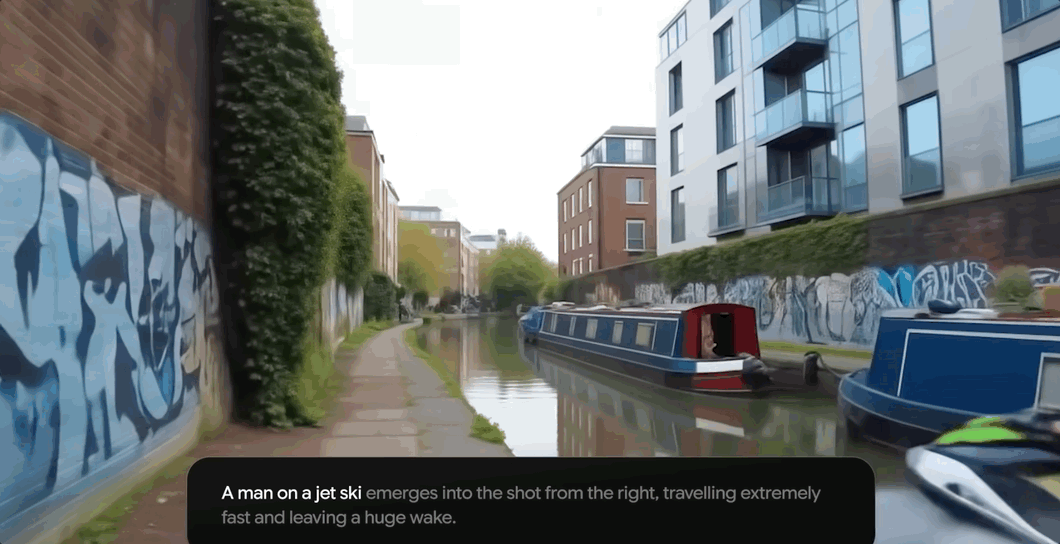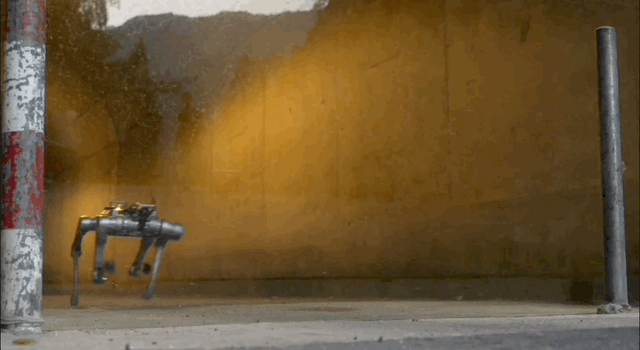
Imagine a map of the world, divided by national borders. How many colours do you need to fill each country, plus the sea, without any identical colours touching?
The answer is four – indeed, no matter what your map looks like, four colours will always be enough. But proving this required a schism in mathematics. The four colour theorem, as it is known, was the first major result to be proved using a computer. The 1976 proof reduced the problem to a few thousand map arrangements, each of which was then checked by software.
Many mathematicians at the time were up in arms. How could something be called proven, they argued, if the core of the proof hides behind an unknowable machine? Perhaps because of this pushback, computer-aided proofs have remained a minority pursuit.
But that may be starting to change. As we report in “AI could be about to completely change the way we do mathematics”, the latest generation of artificial intelligence is turning this argument on its head. Why, ask its proponents, should we trust the mathematics of flawed humans, with their assumptions and shortcuts, when we can turn the verification of a proof over to a machine?
The argument raging over AI in mathematics is a microcosm of a larger question facing society
Naturally, not everyone agrees with this suggestion. And the argument raging over AI’s use in mathematics is a microcosm of a larger question facing society: just when is it appropriate to let a machine take over? Tech firms are increasingly promising that AI agents will remove drudgery by taking on mundane tasks from processing invoices to booking holidays. However, when we tried letting them run our day (see “‘Flashes of brilliance and frustration’: I let an AI agent run my day”), we found that these agents aren’t yet fully up to the job.
Relinquishing control by handing your credit cards or your password to an opaque AI creates the same sense of unease as with the four colour proof. Only now, we are no longer colouring in a map, but trying to find its edges as we probe new territory. Does evidence that we can rely on machines await us over the horizon, or merely a digital version of “here be dragons”?
Topics:






